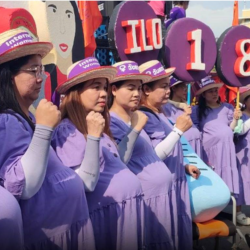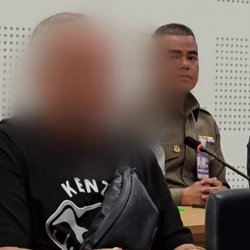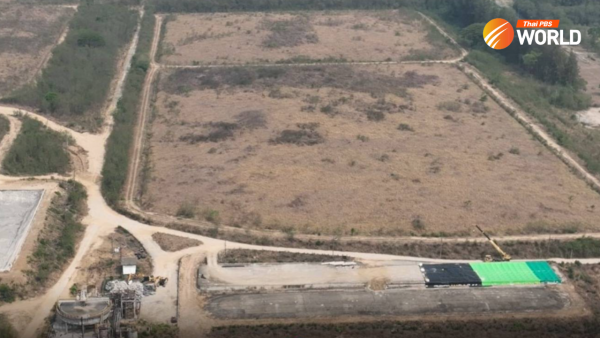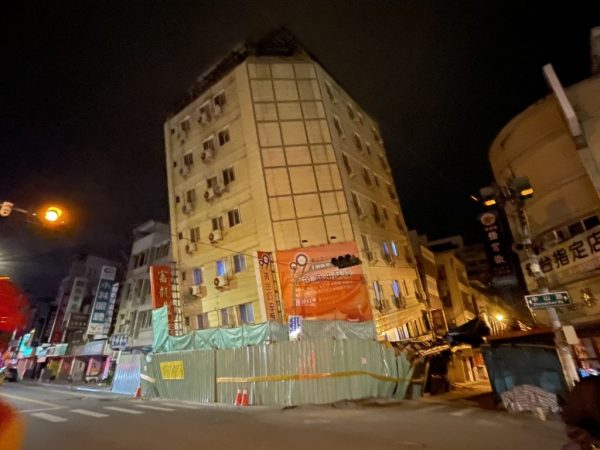Will Bangkok’s mission to clear footpaths ruin street-food paradise?
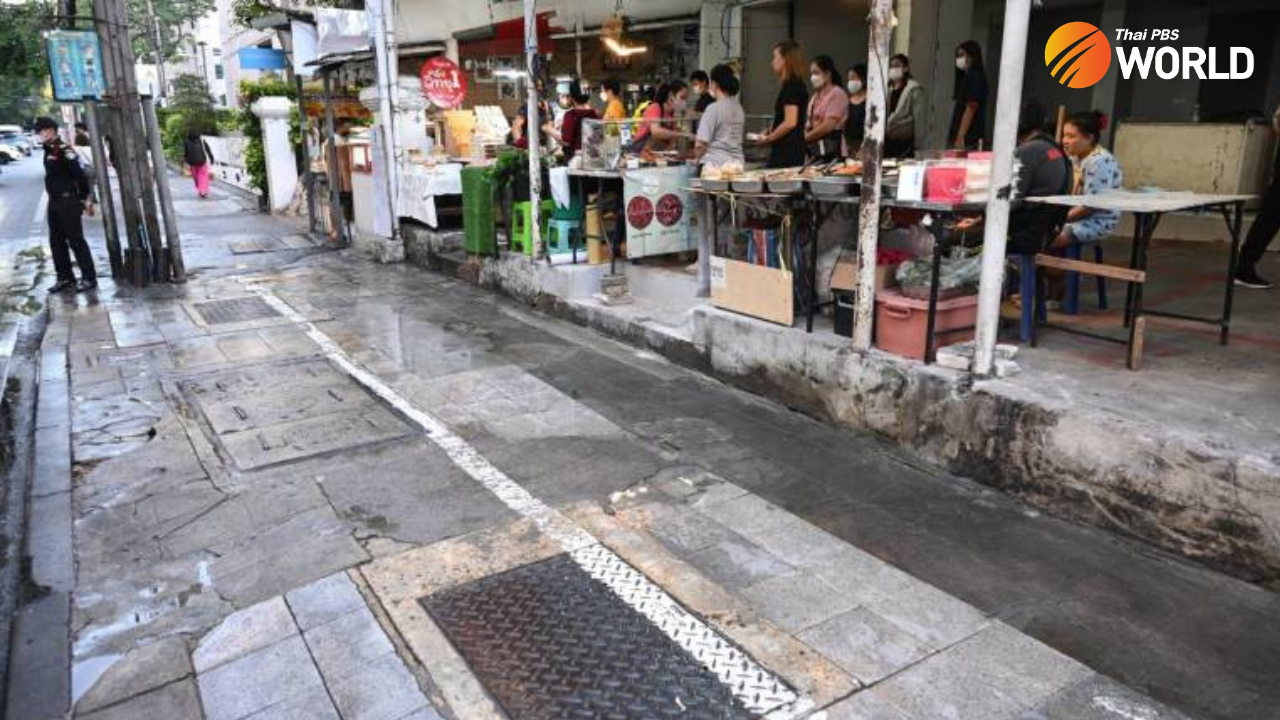
The Bangkok Metropolitan Administration (BMA) has been trying to solve the problem of street stalls stealing footpath space from pedestrians for decades, but with little result.
This challenge is a tough one because street stalls don’t just benefit the vendors but are also used by most Bangkokians. Street vendors, usually low-income earners, don’t have to worry about rent, so they can earn a living selling their products/services at very modest prices. Their customers, meanwhile, appreciate the affordability and easy access to food and products. All they need to do is stop off at their favorite stall on their way home, or to the office or school.
Street stalls are ubiquitous in Bangkok’s crowded areas. Foreign tourists are often fascinated by the diverse range of delicious, yet cheap street food available in the Thai capital. However, despite all the benefits, there are downsides too.
“Food stalls line the footpath leading to my condo, making it very difficult for me to get home,” a resident of Bangkok’s Udom Suk area told Thai PBS World. “I often end up walking on the road instead.”
Due to these problems, she has decided to throw her full support behind the BMA’s efforts to regulate street stalls. She insists that pedestrians should be allowed to walk safely on clean and tidy footpaths.
The BMA’s plan
The BMA is planning to regulate street stalls by moving them to special areas such as hawker centers, removing them altogether, or ensuring they operate without endangering pedestrians and ruining state-built footpaths.
The plan takes the form of a new draft regulation currently being put to a public hearing that’s due to conclude at the end of March.
The draft regulation stipulates that every street vendor be registered.
To register, the vendor must be a Thai national with annual income of no more than 180,000 baht as per Revenue Department estimate, must have a welfare card, must be receiving financial help via the Social Development and Human Security Ministry, or be buying a home under the Community Organizations Development Institute.
If their annual earnings soar beyond 180,000 baht, street vendors will not be able to renew their license.
The BMA promises to review and revise the income ceiling based on inflation and the state of the economy.
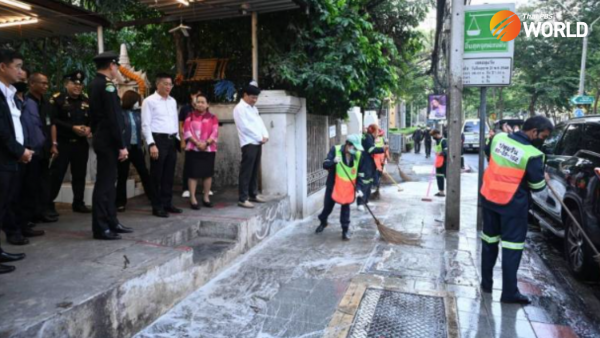
As per the draft, licensed street vendors will have to declare their income to the Revenue Department while any false declaration will result in their license being revoked.
Licensed street vendors will be allowed to have up to one assistant, who must be Thai. Also, the licenses cannot be transferred or sold.
The draft excludes special tourism zones like Khao San and Yaowarat.
What vendors say
Yada Pornpetrumpa, who heads the Khaosan Street Stall Club and belongs to the Phra Nakhon District Office’s committee on street-stall management, opposes the income ceiling.
“I understand that this condition aims to help low-income earners, but I must say that most street vendors now earn more than 180,000 baht a year.”
“Setting such a condition will only force them to lie about their actual income,” she said.
Yada believes that if this condition is strictly enforced, stalls in Bangkok Phra Khanong, Udom Suk, Thonglor and Sukhumvit areas will likely be wiped out.
She also said that restricting assistants to Thais only is impractical since there are lots of foreign customers.
Noi, 38, said she earned more than 1,000 baht daily by selling Somtam (spicy papaya salad) on the footpath in Soi Sukhumvit 11.
“I come here every day with my husband, who’s a tuk-tuk driver,” she said, speaking on condition that her real name was withheld.
She said there were no spots for her somtam cart near her home in Bangkok’s Huai Kwang area, and she can’t afford to pay rent anywhere else either.
“I need to earn money to cover our living expenses,” she said.
Noi and her husband hail from the northeastern province of Roi Et and share a simple dream – retiring to their hometown once their children have graduated.
Restricting streetside trade
Deputy Bangkok Governor Jakkapan Phiewngam said the BMA’s efforts to regulate street stalls were not a complete ban, because street vendors would be given the chance to continue earning a living, regardless of where they go.
“We just want to ensure that all sides can co-exist well,” he said.
According to him, narrow footpaths should be reserved for pedestrians. But wide footpaths will be demarcated for vendors, so they do not inconvenience people who need to move around.
“Pedestrians get first priority because footpaths were built for them,” he said.
He added that popular street stalls have been relocated to legitimate spots nearby, and the BMA has negotiated reasonable rents for them.
“Sometimes, we also relocate the stalls to nearby footpaths,” he said.
Jakkapan said the job of regulating street stalls was being done through BMA committees along with bodies at the district level.
Surveys suggest that there are now close to 20,000 street stalls in Bangkok operating in 681 areas.
The BMA hopes to relocate half of these stalls to hawker centers, which will be established based on Singapore’s model. On January 21, Bangkok Governor Chadchart Sittipunt inaugurated a hawker center near the Bang Lamphu Canal himself.
“We will set up full-scale hawker centers in the future. They will operate like a food hall with tables for diners and proper sinks to wash dishes,” he said, adding that relevant agencies were designing three or four such centers.
Between 2022 and 2023, the BMA inspected 125 locations for the project to set up hawker centers but decided only 39 sites had the potential for further development.
“We know regulating street stalls is tough, but we need to do it to ensure proper physical infrastructure, environment and hygienic conditions for the public,” Jakkapan said.
He added that the BMA would continue this mission despite occasional attacks on its staff by street vendors worried about losing their livelihoods.
“We either merged or canceled 191 street-stall zones last year and should be able to do more this year for sure,” the deputy governor said.
By Thai PBS World’s General Desk

